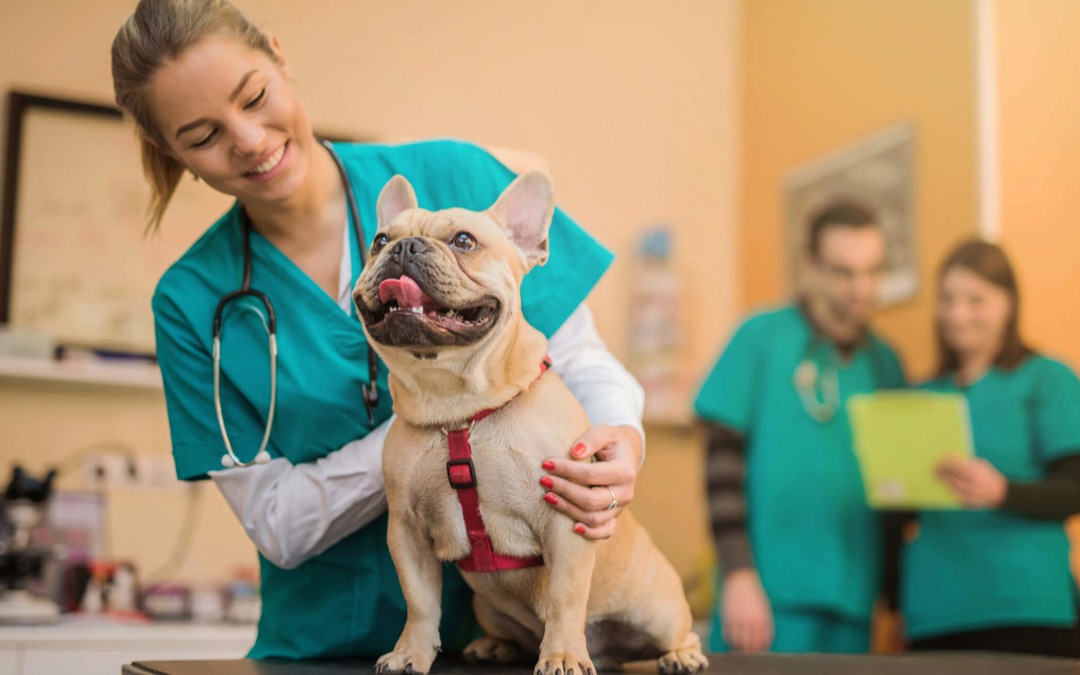Introducing our Collection of Vet Scalpel Blades
A veterinarian, also known as a veterinary physician or surgeon, is a medical professional who treats diseases, disorders, and injuries in animals. Veterinarians may treat wild and domesticated animals alike, and are held in especially high regard by families across the nation as they are responsible for the care of countless four-legged friends.
According to the American Veterinary Medical Association, about 75 percent of all veterinarians in private practice work primarily with companion animals. These practitioners can be considered the animal equivalent of a human primary care physician, and daily tasks may include treating wounds, diagnosing illnesses, performing surgery, administering vaccines, and prescribing medications. However, veterinary medicine can also be highly specialized, with the AVMA recognizing over 20 of these specialties within medicine (anesthesiology, dentistry, pathology) and animal type (cats, dogs, livestock, wildlife).
Some common surgical procedures in the veterinary field include sterilization, dental procedures, surgical oncology, ophthalmic surgery, orthopedic surgery, and cardiology surgery. Although new advancements in laser technology allow some of these procedures to be less invasive, having the highest quality surgical tools still remains paramount for specialty vets. Due to the deeper understanding of their respective subcategory, veterinary specialists often act as consultants for other vets when a particular type of equipment or expertise is required.
One such example of this comes from Dr. Kathy Wright from MedVet in Cincinnati, Ohio who specializes in canine cardiology. In December 2019, a Toronto-based dog owner discovered that her dog, Bear, was having an abnormally rapid heartbeat. After she rushed him twice to an emergency vet clinic in Toronto, she was informed he would need to have urgent surgery. However, the veterinarians at this clinic were unable to perform it. Thankfully, they were able to put the dog owner in touch with Dr. Wright, who not only informed the clinic of how to keep Bear safe prior to surgery; but successfully performed a five-hour surgery to restore Bear’s heart to a healthy state.
Vet Scalpel Blades
Cincinnati Surgical has you covered with all of your vet surgical blade and scalpel needs. Our veterinary collection includes the following commonly used vet scalpel blades:
- No. 10 Blade Scalpel – Most commonly used scalpel for animals due to its precision in making large incisions into soft skin tissue on smaller animals
- No. 11 Blade Scalpel – The No. 11 blade has a pointed tip, suitable for making stab incisions or other precise, shallow incisions
- No. 12 Blade Scalpel – An animal scalpel with a small, pointy, crescent-shaped end that can be good for scraping tissue off of the skin
- No. 15 Blade Scalpel – The No. 15 blade is another animal scalpel blade that’s great for making very short, precise incisions
- No. 20 Blade Scalpel – A larger version of the No. 10 blade used for making large incisions into tissue on larger animals like deer
- No. 21 Blade Scalpel – Slightly larger than the No. 20 blade
- No. 22 Blade Scalpel – The No. 22 blade is the largest version of the No. 10 blade with a curved cutting edge and a flat, unsharpened back edge
- No. 25A Blade Scalpel – Perfect for precision cutting in tight spaces with its triangular-shaped tip
- No. 64 Blade Scalpel – A thinner blade with a rounded edge
- No. 65 Blade Scalpel – The No. 65 blade has a similar width to the No. 64 blade, with a slanted and triangular-shaped tip
- No. 67 Blade Scalpel – Similar to the No. 64 blade with its smaller size and rounded shape, but it also comes with a pointed tip
- No. 69 Blade Scalpel – A unique scalpel for animals with its beveled edges and rounded tip
In addition to these blade selections, Cincinnati Surgical has a number of options for scalpels, handles, and more. For more information and pricing, see our collection of veterinary supplies.


Recent Comments